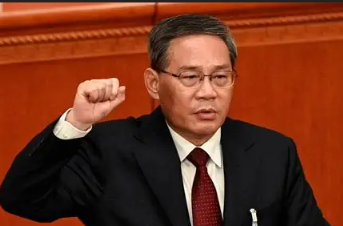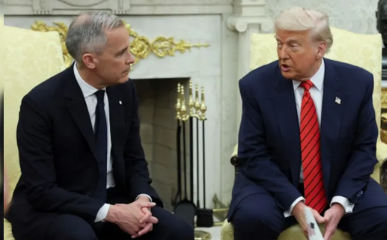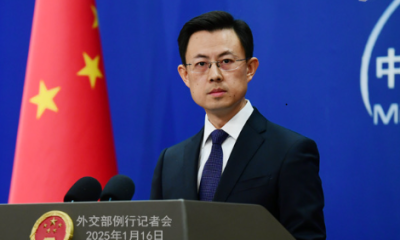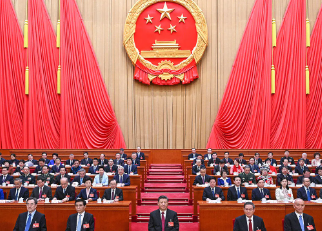Donald J. Trump, the 45th President of the United States, is a figure whose name evokes a spectrum of opinions and emotions.
To his supporters, he is a symbol of resilience and courage—a man of valor who challenged the status quo and reshaped American politics.
His presidency, marked by bold decisions and unorthodox approaches, left an indelible mark on the nation.
From the moment he announced his candidacy in 2015, Donald Trump set himself apart from traditional political figures.
His brash style, direct rhetoric, and willingness to confront entrenched political norms resonated with a significant portion of the American electorate.
Trump’s campaign, which leveraged social media to an unprecedented extent, was characterized by a boldness that defied conventional political strategies.
His message of “Make America Great Again” captured the imaginations of millions who felt overlooked by the political establishment.
ALSO READ : Lagos taskforce dismantles illegal shanties, roadside stalls
As president, Trump’s leadership style was as unconventional as his campaign.
His administration’s policies reflected his commitment to challenging established norms and pursuing an agenda centered on deregulation, tax reform, and a hardline stance on immigration.
The Tax Cuts and Jobs Act of 2017, a cornerstone of his economic policy, aimed to stimulate economic growth through significant tax reductions.
Trump’s approach to trade, marked by renegotiations of NAFTA into the USMCA and a trade war with China, was designed to prioritize American economic interests and jobs.
Trump’s foreign policy also displayed his distinctive approach to leadership. His administration brokered the Abraham Accords, a series of normalization agreements between Israel and several Arab nations, a move that reshaped dynamics in the Middle East.
His unorthodox negotiations with North Korean leader Kim Jong-un, while controversial, marked a departure from previous diplomatic strategies.
Trump’s presidency was characterized by a polarization of American political discourse.
ALSO READ : Kamala Harris challenges Donald Trump to presidential debate, after Biden’s failure
His tenure saw a marked increase in political division, with his actions and statements often sparking intense debate.
His response to events such as the COVID-19 pandemic and the protests following George Floyd’s death were met with both fervent support and sharp criticism.
The January 6, 2021, Capitol riot, a culmination of the divisive rhetoric surrounding the 2020 election results, has been a focal point of discussions about Trump’s legacy.
The incident led to his second impeachment by the House of Representatives, making him the only president in U.S. history to be impeached twice. While he was acquitted by the Senate, the events of January 6 underscored the deep divisions in American society during his presidency.
Despite the controversies, Trump’s defenders argue that his tenure represented a form of valor in the face of significant opposition.
His willingness to challenge established institutions and his unapologetic approach to leadership are seen by his supporters as emblematic of his courage and commitment to his principles.
ALSO READ: Álvaro Morata links move to AC Milan with Marriage Breakdown
For many, Trump’s presidency is viewed as a bold experiment in American politics, marked by a departure from conventional approaches and a readiness to confront the political and media elite.
His influence continues to shape American political discourse, reflecting both the deep-seated divisions and the fervent passions of contemporary political life.
Donald Trump’s legacy is a complex tapestry of valor, controversy, and transformation. Whether viewed as a champion of the disenfranchised or a divisive figure who tested the limits of American democracy, Trump’s impact on the United States is undeniable.
His tenure will be remembered as a period of profound change, characterized by bold decisions and a leadership style that defied expectations and norms.

 Health1 week ago
Health1 week ago
 Business1 week ago
Business1 week ago
 Business7 days ago
Business7 days ago
 Health6 days ago
Health6 days ago
 Football6 days ago
Football6 days ago
 Latest7 days ago
Latest7 days ago
 Crime1 week ago
Crime1 week ago
 Latest7 days ago
Latest7 days ago













